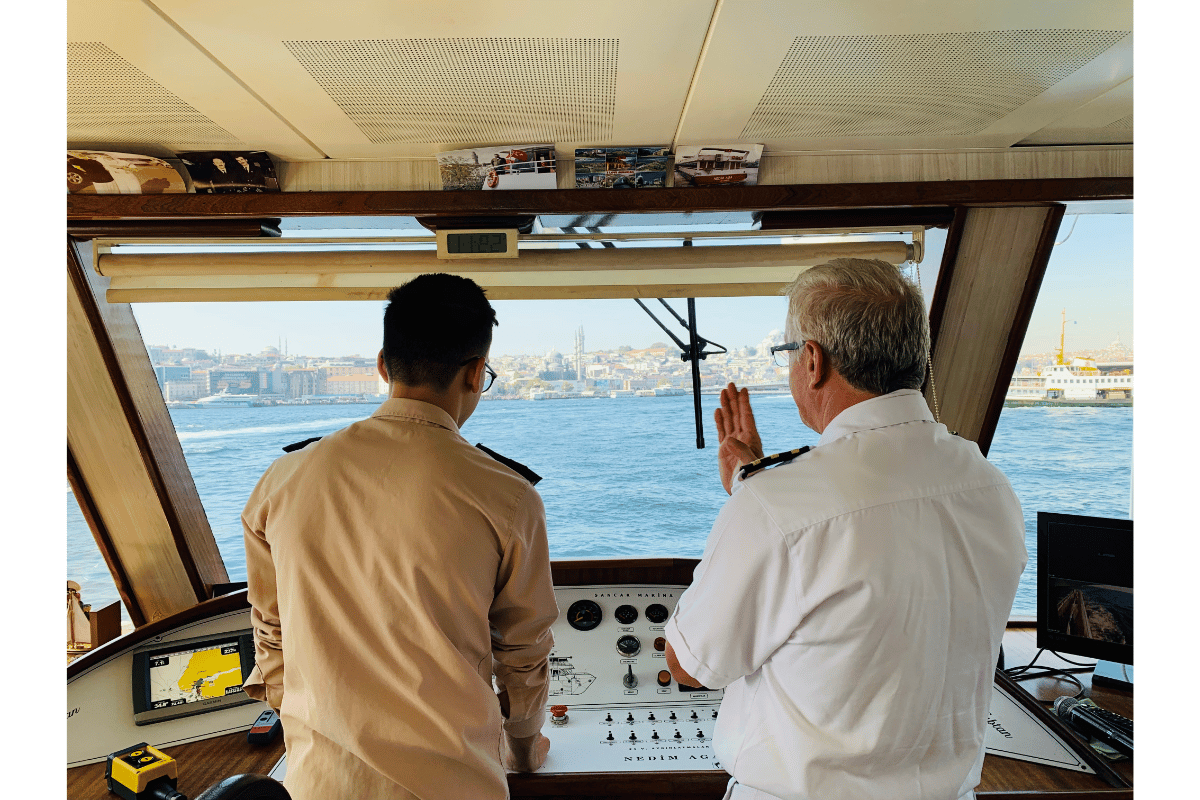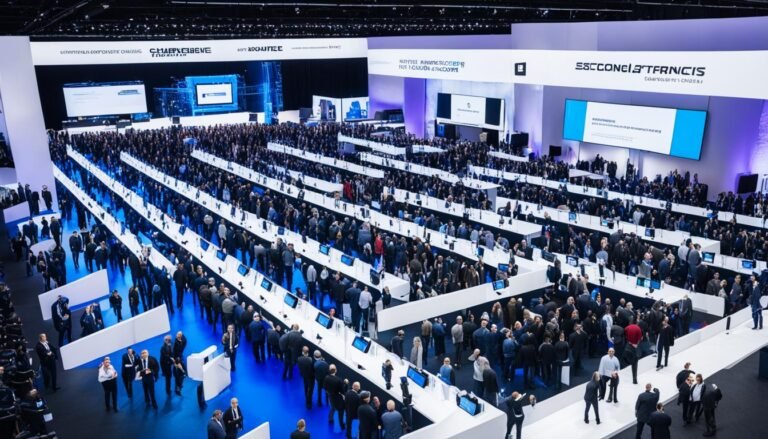Why Maritime Crew Management Is Crucial for Smooth Global Operations?
The maritime industry operates across some of the most challenging environments on the planet. With the seas often unpredictable and operational costs constantly rising, effective crew management has never been more essential. Managing a diverse workforce that spans various time zones, languages, and cultures adds another layer of complexity to maritime logistics. Consequently, the efficiency of global operations hinges on robust crew management strategies.
Understanding Maritime Crew Management
Maritime crew management involves a comprehensive approach to staffing and operating a vessel. This includes recruitment, scheduling, training, and compliance with international regulations. Each step holds critical importance and directly impacts operational efficiency. Poor crew management can not only lead to financial losses but can also affect safety and compliance issues that might jeopardize the entire operation.
In summary, effective crew management streamlines processes while ensuring that each vessel is staffed with qualified and trained individuals. The harmonious functioning of a ship depends greatly on the professionalism and preparedness of its crew members. Therefore, understanding the nuances of crew management can facilitate smoother global operations and contribute to a company’s reputation and reliability.
Software Optimization
Leveraging technology is crucial for optimizing crew management processes. The benefits of using crew management software are manifold, beginning with enhanced scheduling and communication. Advanced platforms allow maritime companies to customize crew schedules according to regulatory requirements and individual preferences, significantly reducing human error. Software facilitates better data management, detailing certifications, training, and compliance status for each crew member.
As a result, crew managers can easily verify qualifications and ensure that all personnel meet necessary standards. The automation of these processes increases reliability, reduces manual labor, and allows for more time to focus on critical operational areas. Furthermore, analytics tools available in crew management software provide insights that drive strategic decision-making.
By analyzing data from past voyages, companies can identify trends and areas for improvement. Such proactive management enables organizations to respond quickly to changing conditions and optimize resource allocation effectively.
Regulatory Compliance
The maritime industry is subject to a plethora of international regulations, including the International Maritime Organization’s (IMO) standards on crew safety and well-being. Ensuring compliance is critical, as violations can lead to financial penalties, operational delays, and reputational damage. Keeping abreast of these regulations and maintaining detailed records necessitates a meticulous approach to crew management.
Modern crew management systems provide automated solutions for compliance tracking. These platforms include features that alert management when certifications are about to expire or when new training is mandated. Moreover, an organized digital log keeps track of all compliance activities, making audits straightforward and less time-consuming.
By centralizing compliance duties, businesses can mitigate risks and assure stakeholders of their commitment to safety and regulatory adherence.
Cost Efficiency and Resource Allocation
Inefficiency in crew management directly translates to increased operational costs. Suboptimal scheduling can lead to overstaffing on some vessels while others suffer from insufficient personnel, resulting in wasted resources. A well-structured crew management strategy focuses on minimizing these discrepancies and maximizing resource allocation.
Cost-effective practices also extend to training and development. Investing in ongoing crew training using e-learning platforms not only keeps crew members updated but fosters a culture of continuous improvement.
Reducing turnover by implementing effective recruitment strategies ensures that veterans remain with the company, leading to institutional knowledge retention and less frequent retraining. Ultimately, maritime businesses can significantly improve their bottom lines through efficient crew management practices that align with business goals and operational realities.
Enhancing Crew Welfare
In an industry characterized by long periods at sea, crew welfare has grown into a priority for maritime companies. Long voyages result in isolation, fatigue, and mental health challenges for crew members. Addressing these issues is not just ethical but also vital for operational efficiency. A satisfied crew is more productive and vigilant, directly impacting the vessel’s overall performance.
Crew management strategies focused on welfare might include regular feedback mechanisms, mental health resources, and periodic breaks. Technologies like telemedicine are revolutionizing crew health management by providing remote healthcare consultations. Moreover, fostering a supportive culture where crew members feel valued can lead to increased loyalty and reduced turnover rates, translating into a more experienced and reliable workforce.
Effective Communication Across Cultures
The maritime industry employs a diverse workforce from various corners of the globe. As a result, navigating language and cultural differences poses a unique set of challenges in crew management. Miscommunication can have serious consequences, including safety hazards and operational inefficiencies. Investing in multilingual training programs and cultural sensitivity workshops is an investment in operational safety and productivity.
Effective communication tools, whether through video conferencing or instant messaging apps, can help bridge the gap. Establishing an inclusive communication environment fosters better teamwork and collaboration among a diverse crew. Ultimately, ensuring everyone understands their roles and responsibilities is paramount for smooth naval operations and overall success.
Technology Integration in Maritime Operations
As the maritime industry continues evolving, the importance of technology integration in crew management cannot be overstated. From automated scheduling tools to real-time tracking systems, technology streamlines operations and enhances efficiency. Furthermore, integrating cargo management and crew management systems allows for seamless data sharing, contributing to timely decision-making.
Advanced simulation training technologies prepare crew members for real-world challenges, improving their proficiency significantly. The synergy between technology and human skill is what drives the maritime industry forward. These integrations help mitigate risks, enhance safety protocols, and ensure that operations remain smooth and efficient.
The Importance of Continuous Improvement
The maritime industry operates in an ever-changing environment. Periodic assessment and evaluation of crew management strategies are vital to stay competitive and effective. Engaging in continuous improvement initiatives can involve soliciting feedback from crew members, analyzing performance metrics, and benchmarking against industry standards.
A commitment to ongoing training and development leads to better crew preparation for varying operational circumstances. Shipping companies can refine their approaches based on new insights, market conditions, and technological advances.
Consequently, establishing a culture of continuous improvement not only benefits crew efficiency but also enhances customer satisfaction and corporate reputation.
Future Trends in Crew Management
Looking ahead, several trends are poised to shape the future of crew management in the maritime industry. The increased adoption of artificial intelligence (AI) will enhance decision-making processes. AI-driven analytics can optimize crew rotations based on individual performance and operational requirements, leading to improved efficiency.
Moreover, the trend towards sustainability will also impact crew management practices. The maritime industry is increasingly under pressure to reduce its carbon footprint, leading to innovations in energy-efficient technologies.
Crew training will shift to emphasize sustainability practices, ensuring that all personnel are aligned with the company’s environmental goals. Blockchain technology may also find a role in improving transparency and efficiency in crew management.
By providing secure, verifiable methods of tracking crew qualifications and certifications, blockchain can further enhance compliance and credibility within the industry. The future of maritime crew management promises to be dynamic and innovative, with advancements paving the way for improved global operations and industry growth.







